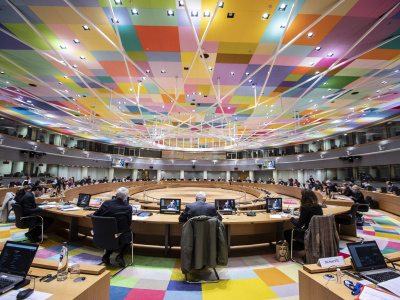
EU development cooperation with Sub-Saharan Africa 2013-2018: Policies, funding, results
This study analyses EU policies, aid spending and results achieved by EU development cooperation with Sub-Saharan Africa between 2013 and 2018. Among other things, it looks at gender, budget support and the added value of European development cooperation.
Summary
ECDPM, jointly with the German Development Institute (DIE), conducted a study on EU cooperation with Sub-Saharan Africa for the evaluation department (IOB) of the Ministry of Foreign Affairs of the Netherlands.
The review analyses EU policies, aid spending and results achieved by EU development cooperation with Sub-Saharan Africa between 2013 and 2018.
The research is based on existing sources of material (EU policy documents, reports, EU evaluations, scientific and other literature). It gives a picture of:
- European development policy as it has developed in recent years.
- The expenses associated with that policy and where the money has gone to.
- What we know about the results achieved, particularly in the areas of peace and security, private sector development, agriculture and social development.
It also addresses topics such as gender, budget support, cooperation between the EU and the EU member states, and the added value of European development cooperation.
This study is used as a reference in this year’s letter to parliament by the Minister for Foreign Trade and Development Cooperation of the Netherlands to inform the House of Representatives about European development cooperation.






